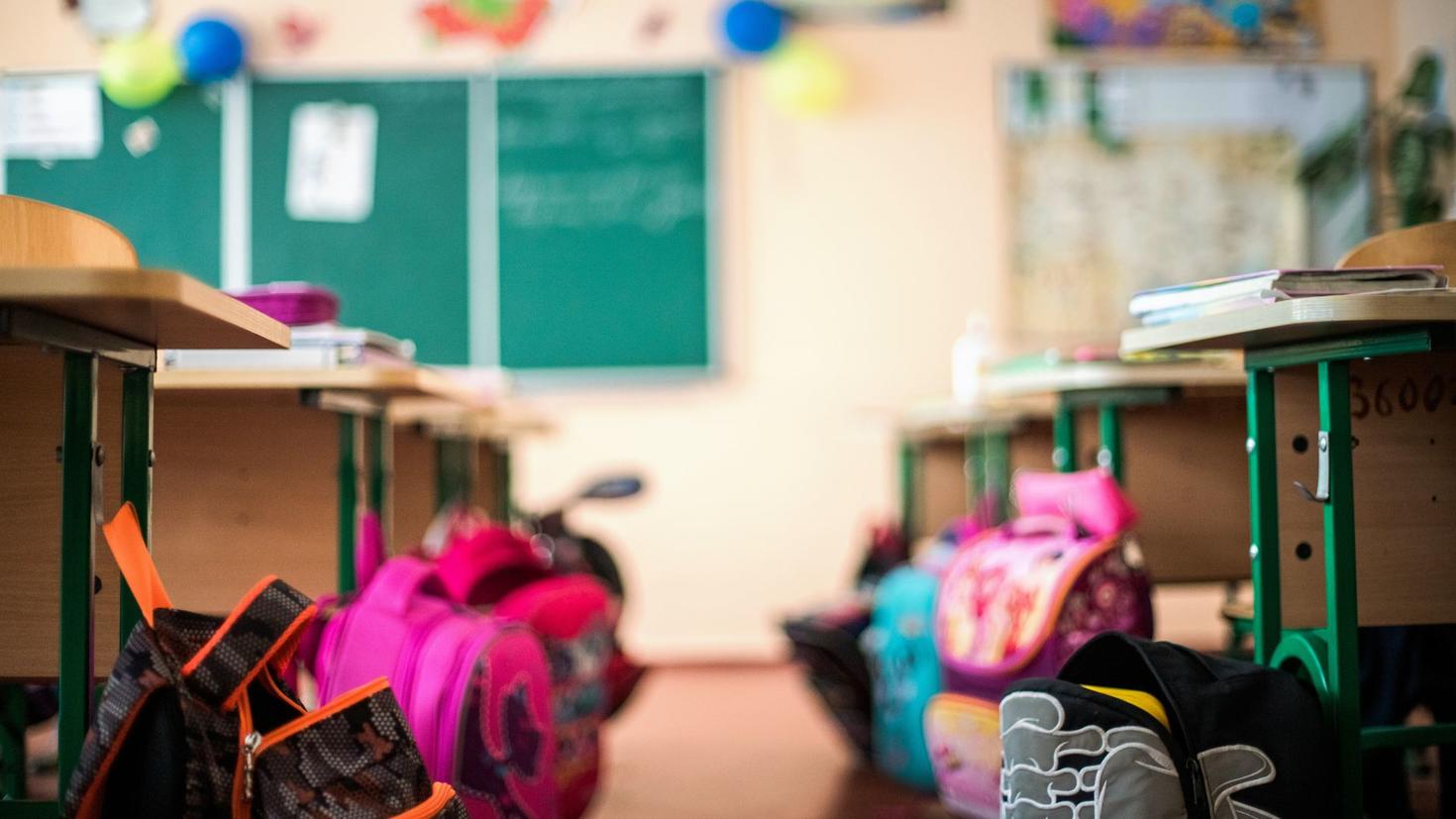Among the nearly one million children and youth with disabilities in Canadian schools, there’s a growing number who struggle with mental health issues. This leads to higher levels of absenteeism for students with complex needs, for whom schools may not have adequate resources to support. For Professor Jess Whitley, holder of the University Research Chair on Inclusion, Mental Health and School Attendance, a core aspect of her research is ensuring vulnerable students have access to inclusive educational settings.
Attending school matters
“Schools are where all students, including those with disabilities, can receive the supports and services necessary to thrive academically, engage with diverse cultural and social contexts, be exposed to new ideas, gain new skills and experience belonging. Children experiencing chronic absenteeism are deprived of these opportunities,” Whitley explains.
“Missing school is an early risk factor for school dropout and a host of other mental health, financial and academic difficulties. School attendance problems often serve as a ‘canary in the coal mine’ for schools and mental health agencies, signalling struggle long before other issues are noted,” she adds.
A blueprint for community–university partnerships
A drive to better understand the complex roots of absenteeism was the starting point for Whitley’s work with Crossroads Children’s Mental Health Centre (CCMHC). CCMHC is a local organization that provides free mental health supports for more than 2000 Anglophone and Francophone children and their families in the Ottawa region. Guided by the motto “Help for Children. Hope for Families,” their activities are many and varied, such as school- and home-based services, and individualized child and family therapy. All of CCMHC’s work focuses on early interventions with students under the age of 12.
Outreach with CCMHC began in 2017, and the partnership was formalized through a memorandum of understanding in 2019. Whitley’s co-research leads in this partnership are J. David Smith, professor of counselling psychology in the Faculty of Education, and Maria Rogers, holder of the Tier 2 Canada Research Chair in Child and Youth Mental Health and Wellbeing at Carleton University. Their research plan, co-created with CCMHC, provides a structure for using agency-collected data to advance work on school attendance. Although past studies in the field have largely focused on issues like truancy and school suspensions, Whitley’s approach also considers students’ lived experiences, such as their family environments or anxiety due to bullying at school.
“This interdisciplinary, integrated framework is the keystone of my research program,” she says.
Every aspect of the research collaboration is based on reciprocity — with the children, their families and local communities. This mutuality is grounded in Whitley’s intentional adoption of the “slow research” model. It’s an approach that emphasizes building relationships and trust over time. For example, CCMHC staff are encouraged to share reflections from their clinical observations — what they see, hear, know, and want to know. Whitley then transforms their thoughts into research and evaluation proposals for the team to consider and co-lead. CCMHC might be working on a large grant with an evaluation component and will reach out to Whitley to partner on composing a powerful proposal with clinical and research impacts.
Whitley describes the joint effort with CCMHC as “fruitful and joyful,” adding that the collaboration “has truly been a model of productive community-university partnership.”
"At CCMHC, we see every day how school can be a space for growth, connection, and belonging, especially for children facing mental health and developmental challenges," says Executive Director Michael Hone, MEd, RP.
"Our partnership with Professor Whitley and her team has deepened our understanding of the many factors that influence school attendance and helped us shape early interventions that are both clinically informed and rooted in real-life experiences. This collaboration allows us to turn what we know into evidence-based strategies that support families more holistically."
"Together, we are building pathways toward resilience, inclusion, and better outcomes for students who need it most,” Hone adds.

“Schools are where all students, including those with disabilities, can receive the supports and services necessary to thrive academically...”
Jess Whitley
— University Research Chair on Inclusion, Mental Health and School Attendance
Building synergy for broader impact
Whitley and her research team’s combined efforts with CCMHC have blossomed into joint initiatives with 20 local agencies and school boards, serving communities across eastern Ontario. Developing relationships with family support organizations such as the Ottawa Community Immigrant Services Organization (OCISO) is one of many partnership milestones. Whitley’s work with OCISO was supported by a Community-Based Research Grant from the University. The collaboration was highlighted in a recent article on helping immigrant and refugee students stay in school.
The establishment of the Canadian School Attendance Partnership (CSAP) is another major achievement made possible through these diverse collaborations. The CSAP is a learning, research and networking hub for researchers, agencies, school boards, and families.
“The power of CSAP for us is serving as connectors — bringing partners together who wouldn’t normally come together,” says Whitley. “Jointly, we can build awareness of what is happening across sectors and generate shared understanding of school attendance, taking into consideration its inherent complexity and ways in which it can be researched and addressed.”
"Participating in this partnership has reaffirmed the core values that drive our work at CCMHC," says Hone. "It’s about forging meaningful connections between individuals, between systems, and most importantly, between children and the supports they need to thrive."
"The Canadian School Attendance Partnership has created a vital space for shared learning, collaboration, and innovation. At the centre of it all are the children and families we are committed to supporting every day," he adds.
Looking forward
In her role as University Research Chair on Inclusion, Mental Health and School Attendance, Whitley says future collaborations with CCMHC include producing 'Be There,' a new podcast on school attendance; organizing quarterly webinars with school boards, agency partners and the Ontario Association for Counselling and Attendance Services; and hosting a yearly CSAP summit on the uOttawa campus. This summit will bring together Canadian and international researchers, families, relevant agencies and other actors from the education sector.
“I really believe that the challenges facing many of the children and youth can only be understood and addressed through authentic partnerships. Issues with school attendance are no exception! The opportunity provided by CCMHC to partner on a research chair is just one example of the visionary leadership they provide in the community—and it reflects our shared goals to improve the well-being of children, youth and families facing multiple barriers,” Whitley affirms.
About Jess Whitley
Jess Whitley is a full professor, vice-dean of research and professional development, and holder of the University Research Chair on Inclusion, Mental Health and School Attendance. Her recent publications include “Parental Self-Efficacy During COVID-19: Parents’ Experiences Supporting the Learning of their Child(ren) with Special Educational Needs” (2025) and “Critical Windows: Perspectives of Parents of Children and Youth with Special Educational Needs Regarding Social Wellbeing During COVID19” (2025).


